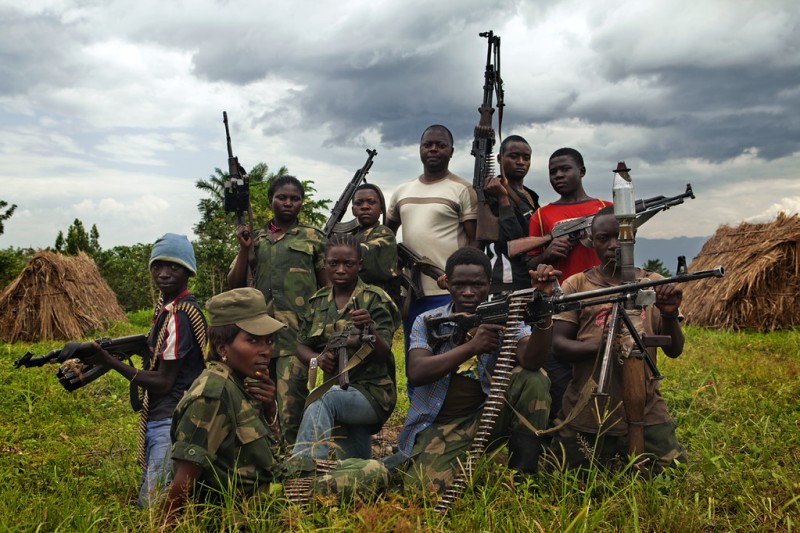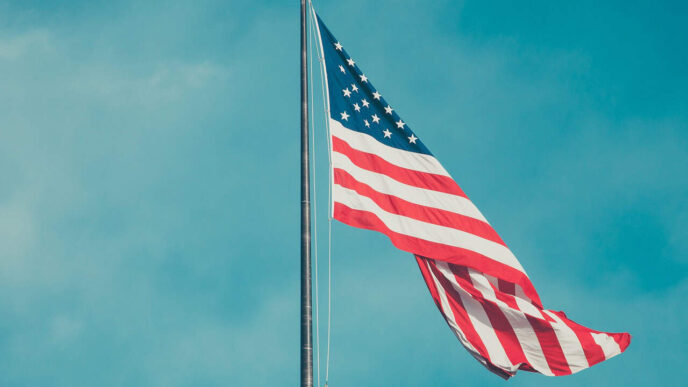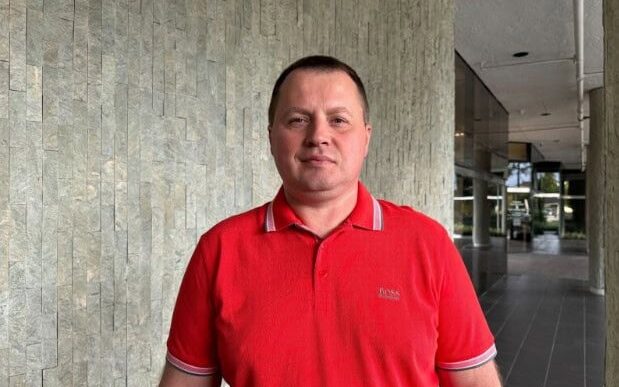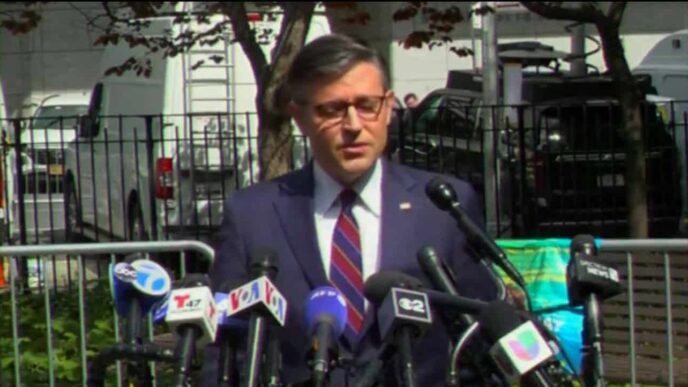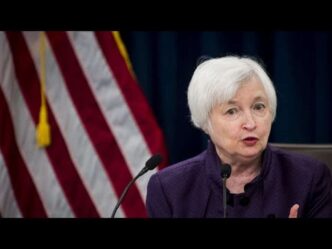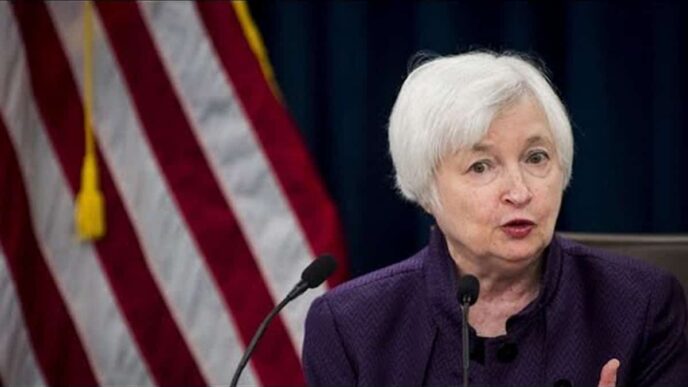Africa No Filter, an NGO that advocates for shifting narratives around the African continent, published a new report titled The Cost of Media Stereotypes to Africa, which analyzes how these narratives, often centered around violence, corruption, and instability, distort investors’ views and lead to higher credit risks and inflated interest rates for African countries compared to their peers in other regions.
“African nations are subject to a disproportionate focus on negative issues such as conflict, poverty, and corruption, even when they face similar risks as other countries,” said Moky Makura, executive director of Africa No Filter. “This distorted media narrative isn’t just a matter of image. It’s costing Africa billions.”
The report estimates that African countries could be paying up to $4.2 billion more annually in interest due to these inflated perceptions.
“Negative sentiment from global media outlets inflates the perception of risk, which then leads to higher borrowing costs for African governments, even when their actual political or economic conditions are comparable to other regions,” said Marie Wilke, one of the report’s authors.
The study compared media coverage of elections in African countries with non-African nations such as Malaysia and Thailand. While both African and non-African countries experienced similar political issues—corruption scandals and election irregularities—the coverage of African countries was far more negative.
For example, headlines in Kenya and Nigeria disproportionately focused on electoral violence and corruption, skewing international perceptions.
“Africa is being unfairly penalized by a narrative that emphasizes its challenges while downplaying its progress,” Makura added.
The authors of the report call for a shift in how the media reports on Africa, urging international outlets to offer more balanced coverage that reflects the continent’s diversity and economic potential.
Without this shift, the report warns, Africa will continue to bear an unjust financial burden.


